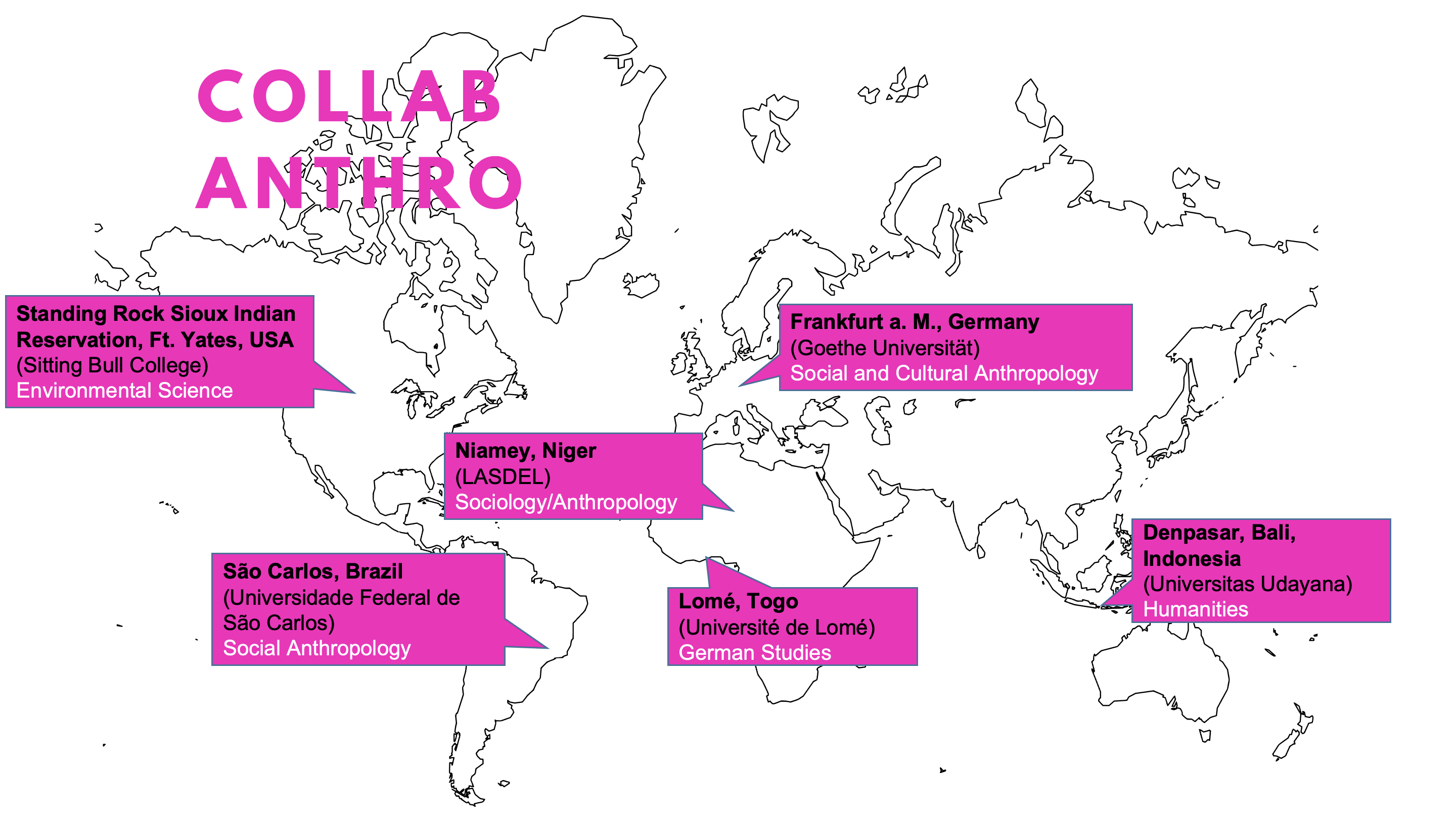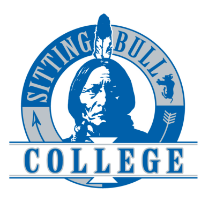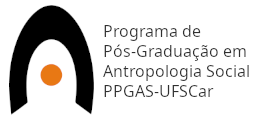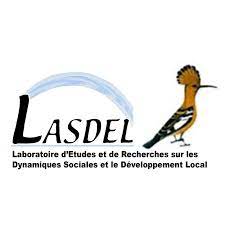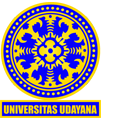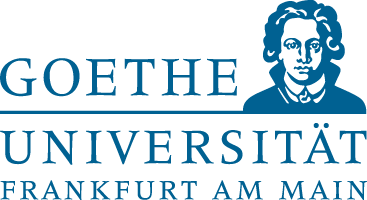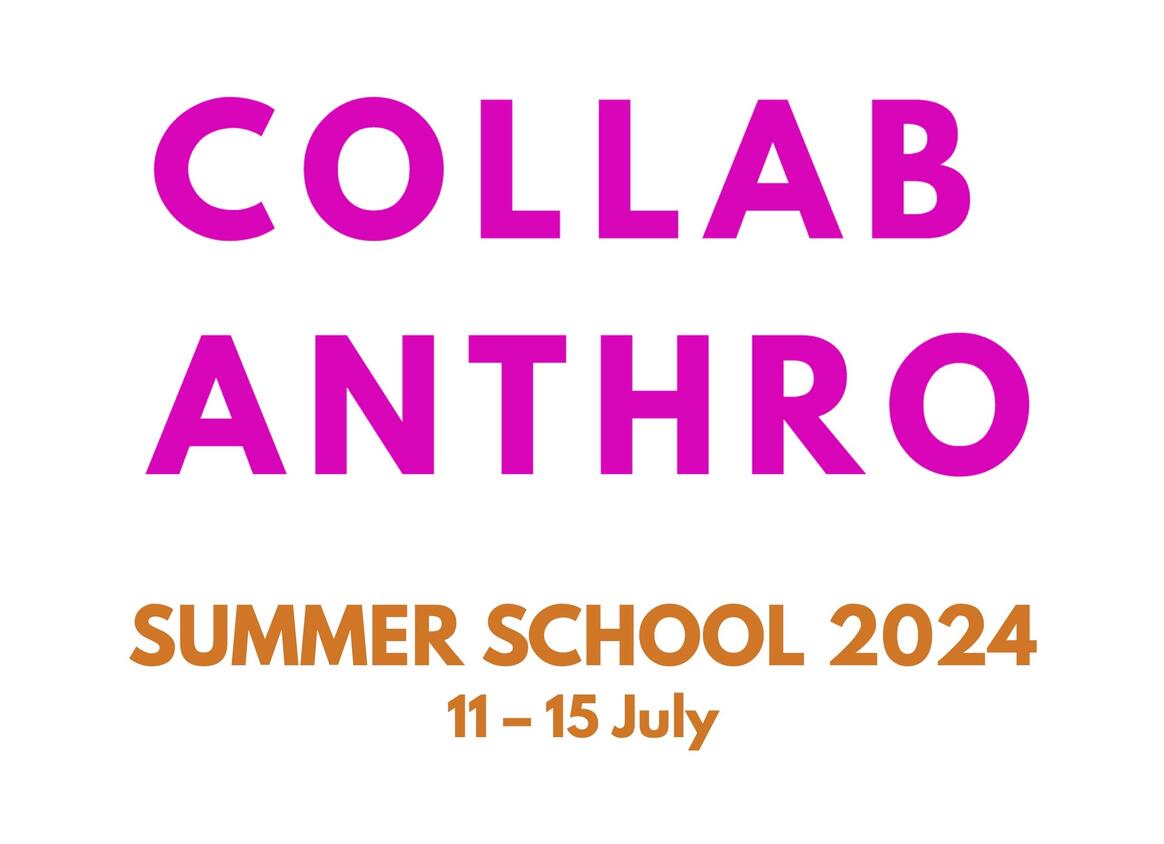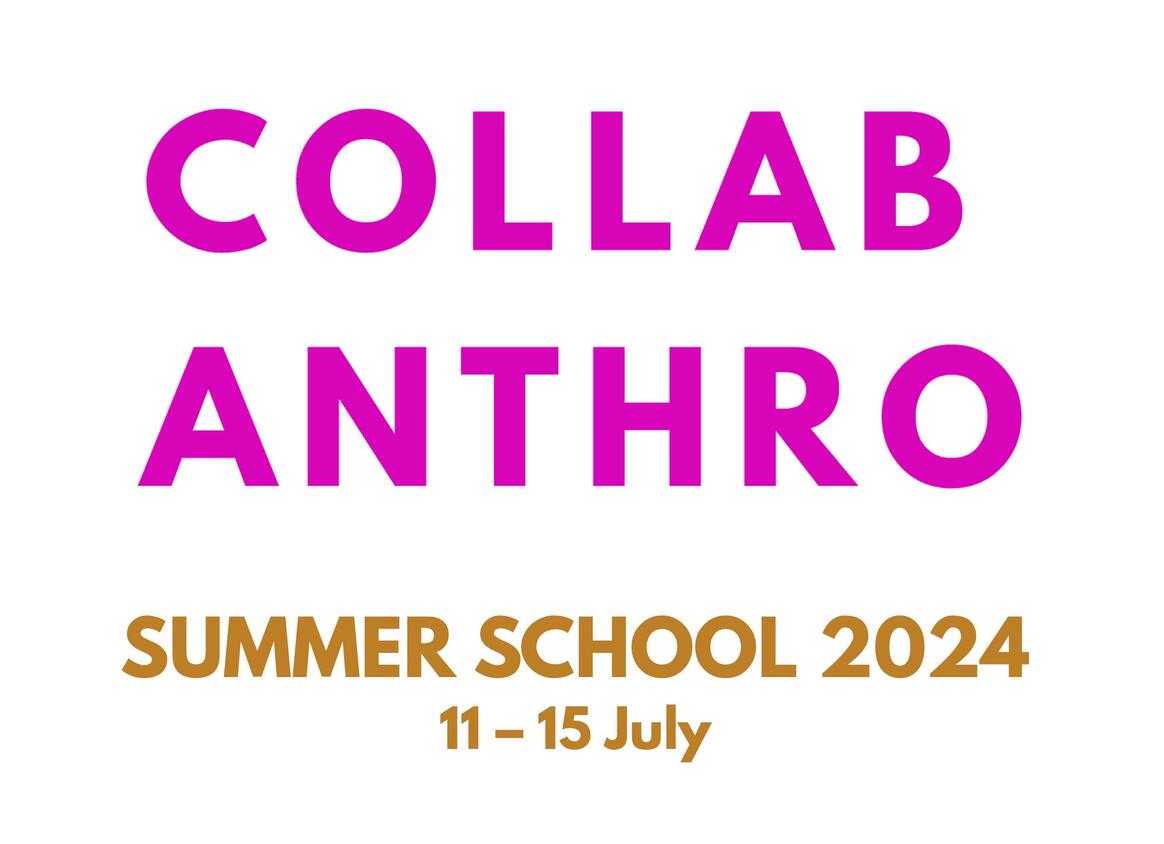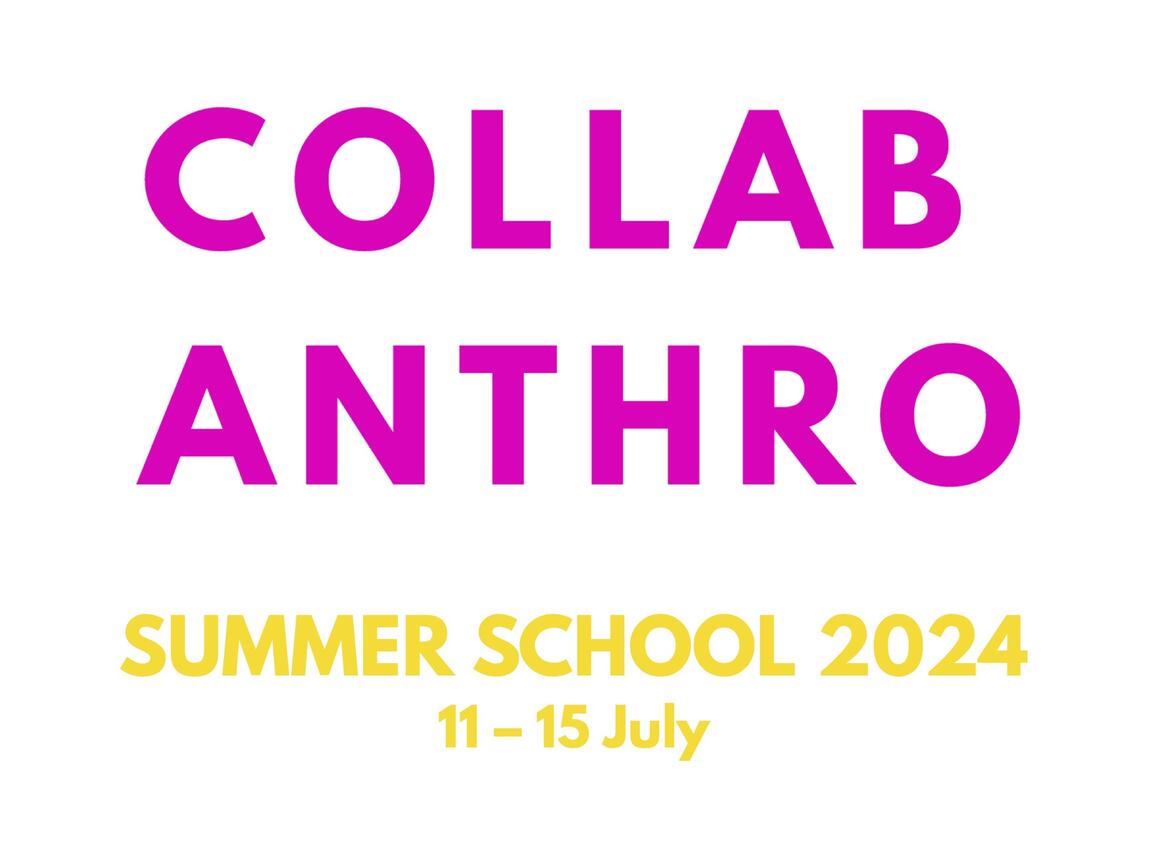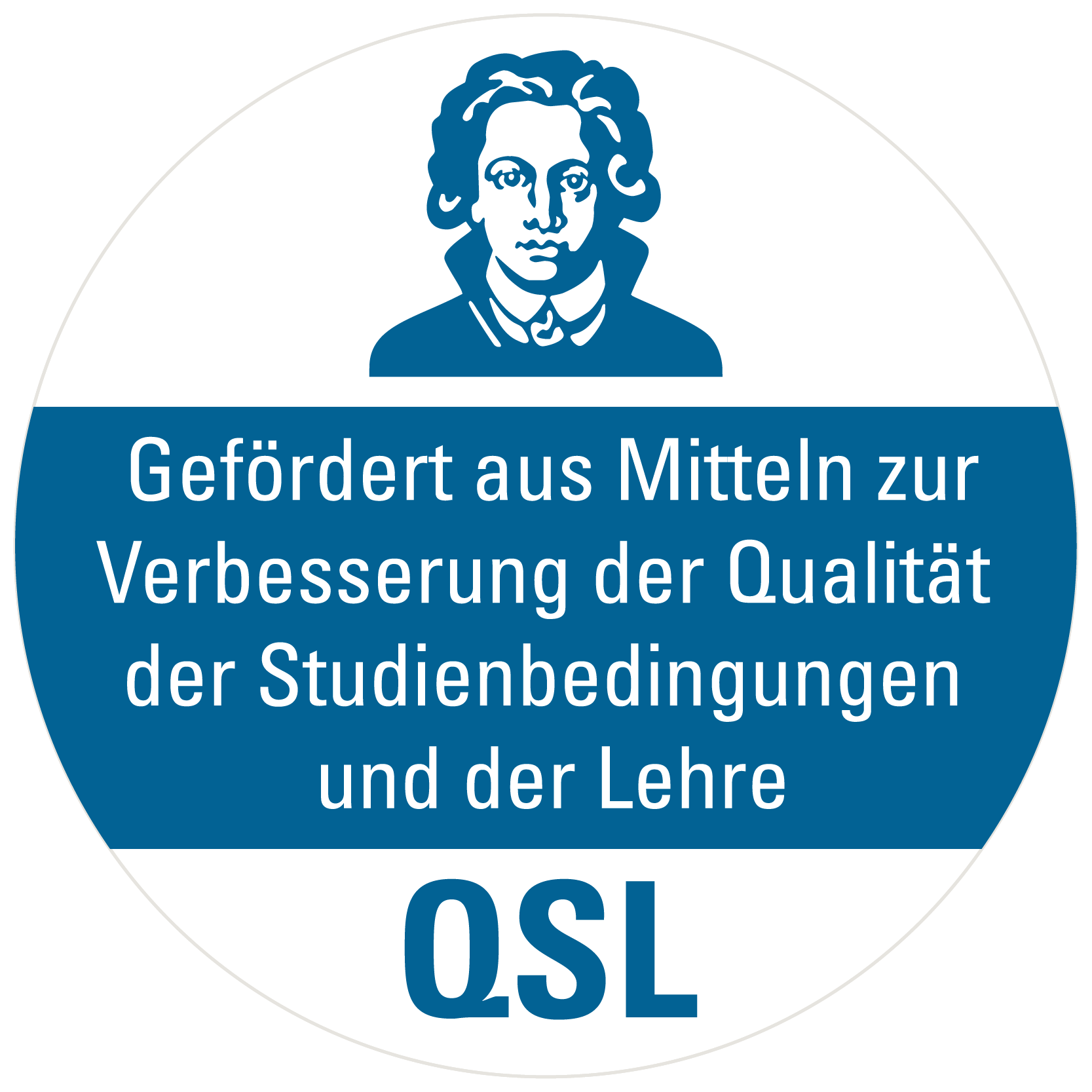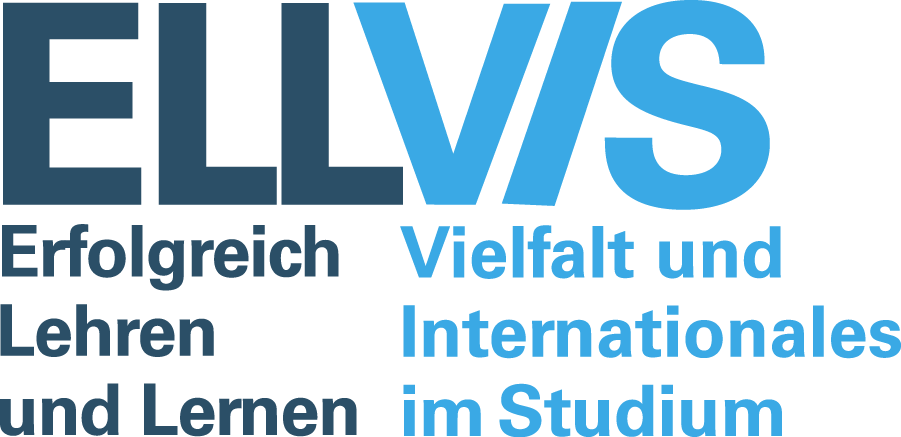- GU Home
- Fachbereich 08
- Institut für Ethnologie
- Collaborative Track
Collaborative Track
CollabAnthro Certificate Program
On top of their respective degrees, students graduating at our partner institutes and students graduating in Frankfurt will earn a certificate for completing the Collaborative Anthropology program.
Certificate requirements
B. A., B. S., and equivalent
Join the CollabAnthro Program!
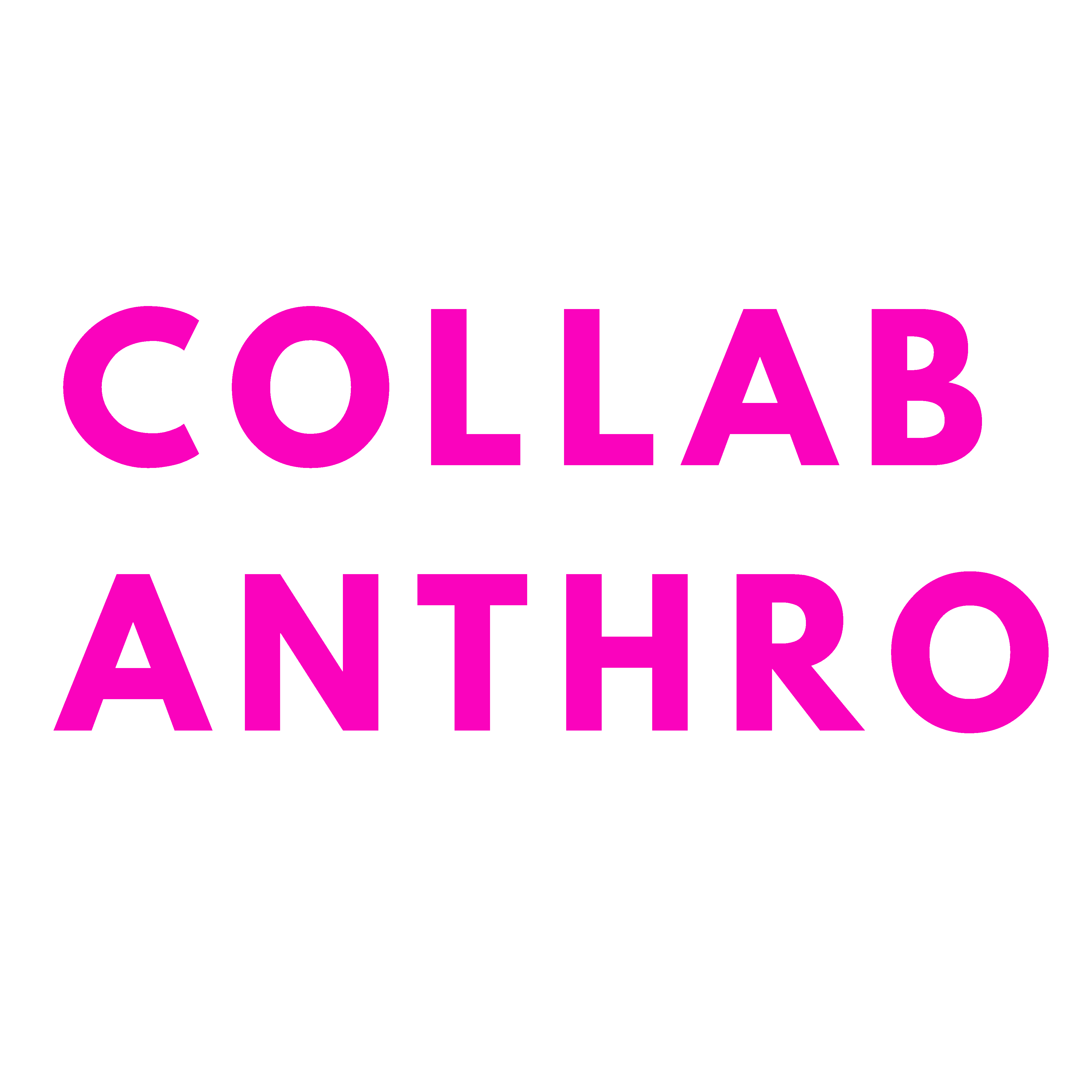
If you are interested in the program, please fill out this questionnaire (.docx/.pdf) and send it via e-mail to the program coordinator:
Timo Rossmann
rossmann [at] em.uni-frankfurt.de
The coordinator will then schedule a meeting with you (virtual or on site) for a counseling appointment.
The questionnaire is not an assessment. It helps the coordinator prepare the counseling appointment and adjust the certificate program.
Standing Rock Sioux Indian Reservation, Ft. Yates, ND, USA
Partner
Dr. Mafany Ndiva Mongoh
- Environmental Science Faculty
- Lead researcher at the Prairie Ecosystems Research Center (PERC)
Universidade Federal de São Carlos (UFSCar)
São Carlos, SP, Brazil
Postgraduate Program in Social Anthropology (PPGAS)
Center for Education and Humanities
Prof. Dr. Catarina Morawska Vianna
- Associate Professor in the Postgraduate Program in Social Anthropology (PPGAS)
- Director Laboratório de Experimentações Etnográficas
- Researcher at the Instituto Mulheres e Economia (imuê)
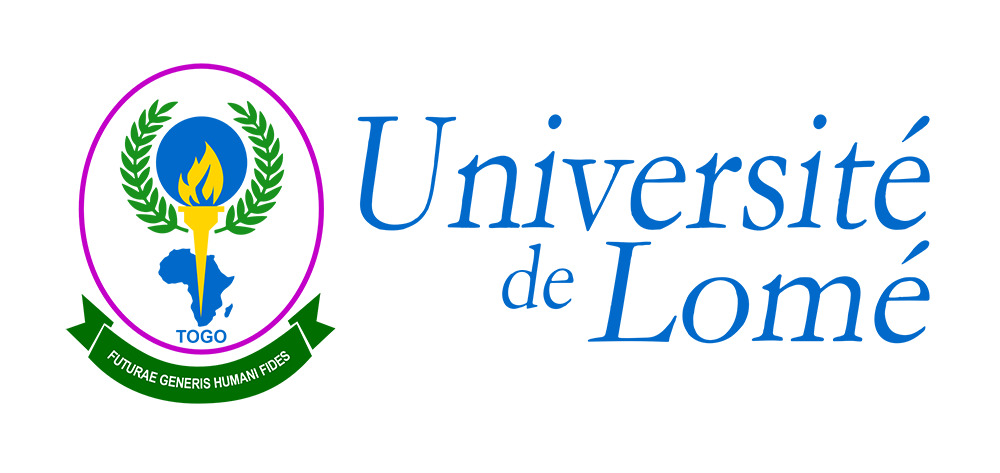
Lomé, Togo
Département d'Allemand
Dr. Kokou Azamede
- Deputy Director of the International Office, Université de Lomé
- Maître de Conférences, Département d'Allemand
- Doctoral candidate
- Enseignant, Département d'Allemand
- Doctoral candidate
- Enseignant, Département d'Allemand
Research profile
Colonial history, colonial literature, and postcolonial approaches.
Main focus
Women's literature about the German colonies, actions of German women in the German colonies, thoughts of German women about Africans during the colonial period.
Laboratoire d'Etudes et de Recherches sur les Dynamiques Sociales et le Développement Local (LASDEL)
Niamey, Niger
PartnerDr. Hamani Oumarou
- Scientific Director Laboratoire d'Etudes et de Recherches sur les Dynamiques Sociales et le Développement Local (LASDEL)
- Lecturer and Researcher at the Université Abdou Moumouni de Niamey, Département de Sociologie-Anthropologie
Denpasar, Bali, Indonesia
Faculty of Humanities
PartnerProf. Dr. phil. I Ketut Ardhana, M.A.
- Professor of Asian History
- Lecturer in the Postgraduate Program in Cultural Studies
Frankfurt a. M., Germany
Department of Social and Cultural Anthropology
PartnersFor projects with SBC/USA:
For projects with UFSCar/Brazil:
Prof. Dr. Catherine Whittaker
For projects with UL/Togo:
Prof. Dr. Hans Peter Hahn
For projects with LASDEL/Niger:
Prof. Dr. Mirco Göpfert
For projects with UNUD/Indonesia:
Dr. Gil Hizi
Frequently Asked Questions (FAQ)
Who can participate in the Collaborative Anthropology program?
Students at Sitting Bull College: Bachelor's and Master's degree students in the Environmental Sciences Program.
Students at Federal University of São Carlos: Master's students in the Postgraduate Program in Social Anthropology (PPGAS).
Students at University of Lomé: Students pursing a Master's degree at the Department of German Studies (Département d'Allemand).
Students at Udayana University: Students pursuing a Master's degree at the Faculty of Humanities (Fakultas Ilmu Budaya).
Students at Goethe University: Students pursuing a Bachelor's degree, majoring in Social and Cultural Anthropology (B. A. Ethnologie, Hauptfach) and students pursuing a Master's degree in Social and Cultural Anthropology (M. A. Sozial- und Kulturanthropologie).
How can I participate in the Collaborative Anthropology program?
Upon request, all applicants will be accepted. To be accepted as a participant in the Collaborative Anthropology program, you need to fill out this document (.docx/.pdf) and send it to the program coordinator at Goethe University Frankfurt: Timo Rossmann. The coordinator will then schedule a (virtual) meeting with you for a counseling session where you will discuss the scope of the program. With preparing and attending the counseling session, you already fulfill the first of the necessary requirements to earn the certificate. Please find a preliminary overview on the entire list of requirements for B. A., B. S., or equivalent programs here and for M. A., M. S., equivalent or higher degree programs here.What is a certificate?
Specialized trainings at college and university level are certified through certificates. They are proof of completion of a program through which additional professional skills have been acquired. The certificate will not be graded, but it attests to a collaborative focus in your studies and/or extracurricular commitment.What can I do with a certificate?
Certificates can be part of your job application. The certificate you will be awarded demonstrates that you have acquired skills in the field of collaborative research. To a future employer this will demonstrate that you have acquired additional cooperative, intercultural, and problem-solving skills during your studies.Certificates can also be part of your application for (student) grants and scholarships. Some grant programs require that you demonstrate civic or social commitment. The certificate demonstrates your interest in furthering intercultural understanding, advancing international cooperation, and creating sustainable learning environments.
Postgraduate programs (Master, PhD) require different amounts of credits earned during your previous studies for admission. Depending on the institution and its study program, certificates may count as a commitment equivalent to credits earned. The graduate certificate will attest that you worked on additional activities outside of your regular study program and it will show your “workload in hours" — this can be converted into a value of credits (for example credits in the European Credit Transfer and Accumulation System, Credit Accumulation and Transfer Scheme, Semester Credit Hours, African Credit Transfer System, etc.), however, recognition of the certificate in the form of credits is determined by the institution to which you apply.
What do I have to do to earn the certificate?
Much of what you have to do will hopefully be fun. For the most part, you have to follow through with the Collaborative Anthropology program, which means: visiting a few extra workshops, attending the Summer School in 2024, and committing to collaborative research for your final thesis in a transnational research team. Please find a preliminary overview on the list of requirements for B. A., B. S., or equivalent programs here and for M. A., M. S., equivalent, or higher degree programs here.Whom can I partner up with for collaborative research?
During the program, you will participate in events that will get you in touch with students from partner universities or research institutions. These events will allow you to get to know each other and to build research teams of 2–4 students. Once you have partnered up, you will develop and present your joint research design during a joint virtual workshop. Students from all participating institutions will get the opportunity to take part in our virtual events.Currently, these include the following:
- Environmental Science Program at Sitting Bull College, Ft. Yates, ND, USA
- Postgraduate Program in Social Anthropology at Federal University of São Carlos, Brazil
- Department of German Studies in Lomé, Togo
- Graduate and Postgraduate programs at the Laboratoire d'Etudes et de Recherches sur les Dynamiques Sociales et le Développement Local (LASDEL), Niamey, Niger
- Faculty of Humanities at Udayana University in Denpasar, Bali, Indonesia
- Department of Social and Cultural Anthropology at Goethe University in Frankfurt a. M., Germany.
Do I need to travel to engage in collaborative research?
You can travel and we will support you organizationally to do so, but you are not required to travel. If you cannot travel and/or cannot do fieldwork at the same site with a research partner, you can still participate. In that case, collaborative research can take the shape of a collaborative research design or can come in the joint analysis of data. Collaborative research encompasses many possibilities that will depend on the circumstances, parties involved, etc.. The program enables us to experiment with different kinds of collaboration, which will lead us to think together the potential and challenges of international research partnerships.I am a student in Frankfurt. Will I receive any credit points for participating in the certificate program?
For B. A. students enrolled in Frankfurt, participation in the CollabAnthro certificate program counts as completion of the module "Schlüsselkompetenzen" (BA-Ethn-06), for which you will receive 9 CP in total. In order to receive the credit points, you need to have registered for the CollabAnthro certificate program and need to have completed it, which includes visiting the regular virtual meetings, participating in the workshops and in the summer school.
I am a student in Frankfurt. Can the counseling session with the project coordinator be accredited within my regular study program?
Besides functioning as your application, the counseling session is intended to provide you with information on the program and serves as a space to ask questions and prepare you optimally for participation.For B. A. students enrolled in Frankfurt, this counseling session does neither replace the compulsory counseling session after completion of the first study year (“Studienverlaufsberatung") nor counseling with one of the thematic or regional experts at the Department for Social and Cultural Anthropology before or during the project cycle (“Projektvorbereitung und -durchführung"). However, participating in the certificate program counts as full completion of the module "Schlüsselkompetenzen" (BA-Ethn-06) in the BA program.
For M. A. students enrolled in Frankfurt, this counseling session does not replace the compulsory counseling sessions with the thematic or regional experts at the Department for Social and Cultural Anthropology throughout semesters one till four (“Individuelle Projektberatung", MA-SKA-01).
I am a student in Frankfurt. Which courses from my regular study program can I visit with a focus on collaborative theory, methodology, or epistemology?
For B. A. students in Frankfurt, the seminar “Theory of Fieldwork" (“S Theorie der Feldforschung") and practice “Research Methods" (“Ü Forschungsmethoden") are part of the regular curriculum and need to be attended to complete module BA-Ethn-11. Students participating in the certificate program are encouraged to attend these courses when offered with a focus on collaborative theory and methodology (this will be the case from summer term 2023 on forward). The courses may be offered in English. Attending these courses counts equally for the regular completion of the B. A. program as well the certificate program.For M. A. students in Frankfurt, “Project-related Social and Cultural Anthropology" (“S/Ü Projektbezogene Sozial- und Kulturanthropologie") and “Research Colloquium" (“Ko Forschungskolloquium") are part of the regular curriculum. As such, they are credited for modules MA-SKA-03 or MA-SKA 04. Students participating in the certificate program are encouraged to attend these courses when offered with a focus on collaborative Social and Cultural Anthropology (this will be the case from winter term 2023/24 on forward). Attending these courses counts equally for the regular completion of the M. A. program as well the certificate program.
I am a student in Frankfurt. Can I submit a thesis which I have written together with my research partners?
Yes. The thesis can be submitted in the form of a group thesis, if the contribution of the individual student to be assessed is clearly distinguishable and assessable on the basis of the indication of sections, page numbers, and other objective criteria that allow a clear delimitation. The contribution must demonstrate that the student is able to work on a topic comprehensively and in depth within a given period of time in accordance with the objectives laid out in your study and examination regulations. In accordance with the study and examination regulations, necessary word/sign count of the thesis will be larger, if written jointly.Whom can I contact for further information?
Please contact the coordinator of the Collaborative Anthropology program at Goethe University in Frankfurt: Timo Rossmann.Who can participate in the Collaborative Anthropology program?
Students at Sitting Bull College: Bachelor's and Master's degree students in the Environmental Sciences Program.
Students at Federal University of São Carlos: Master's students in the Postgraduate Program in Social Anthropology (PPGAS).
Students at University of Lomé: Students pursing a Master's degree at the Department of German Studies (Département d'Allemand).
Students at Udayana University: Students pursuing a Master's degree at the Faculty of Humanities (Fakultas Ilmu Budaya).
Students at Goethe University: Students pursuing a Bachelor's degree, majoring in Social and Cultural Anthropology (B. A. Ethnologie, Hauptfach) and students pursuing a Master's degree in Social and Cultural Anthropology (M. A. Sozial- und Kulturanthropologie).
How can I participate in the Collaborative Anthropology program?
Upon request, all applicants will be accepted. To be accepted as a participant in the Collaborative Anthropology program, you need to fill out this document (.docx/.pdf) and send it to the program coordinator at Goethe University Frankfurt: Timo Rossmann. The coordinator will then schedule a (virtual) meeting with you for a counseling session where you will discuss the scope of the program. With preparing and attending the counseling session, you already fulfill the first of the necessary requirements to earn the certificate. Please find a preliminary overview on the entire list of requirements for B. A., B. S., or equivalent programs here and for M. A., M. S., equivalent or higher degree programs here.What is a certificate?
Specialized trainings at college and university level are certified through certificates. They are proof of completion of a program through which additional professional skills have been acquired. The certificate will not be graded, but it attests to a collaborative focus in your studies and/or extracurricular commitment.What can I do with a certificate?
Certificates can be part of your job application. The certificate you will be awarded demonstrates that you have acquired skills in the field of collaborative research. To a future employer this will demonstrate that you have acquired additional cooperative, intercultural, and problem-solving skills during your studies.Certificates can also be part of your application for (student) grants and scholarships. Some grant programs require that you demonstrate civic or social commitment. The certificate demonstrates your interest in furthering intercultural understanding, advancing international cooperation, and creating sustainable learning environments.
Postgraduate programs (Master, PhD) require different amounts of credits earned during your previous studies for admission. Depending on the institution and its study program, certificates may count as a commitment equivalent to credits earned. The graduate certificate will attest that you worked on additional activities outside of your regular study program and it will show your “workload in hours" — this can be converted into a value of credits (for example credits in the European Credit Transfer and Accumulation System, Credit Accumulation and Transfer Scheme, Semester Credit Hours, African Credit Transfer System, etc.), however, recognition of the certificate in the form of credits is determined by the institution to which you apply.
What do I have to do to earn the certificate?
Much of what you have to do will hopefully be fun. For the most part, you have to follow through with the Collaborative Anthropology program, which means: visiting a few extra workshops, attending the Summer School in 2024, and committing to collaborative research for your final thesis in a transnational research team. Please find a preliminary overview on the list of requirements for B. A., B. S., or equivalent programs here and for M. A., M. S., equivalent, or higher degree programs here.Whom can I partner up with for collaborative research?
During the program, you will participate in events that will get you in touch with students from partner universities or research institutions. These events will allow you to get to know each other and to build research teams of 2–4 students. Once you have partnered up, you will develop and present your joint research design during a joint virtual workshop. Students from all participating institutions will get the opportunity to take part in our virtual events.Currently, these include the following:
- Environmental Science Program at Sitting Bull College, Ft. Yates, ND, USA
- Postgraduate Program in Social Anthropology at Federal University of São Carlos, Brazil
- Department of German Studies in Lomé, Togo
- Graduate and Postgraduate programs at the Laboratoire d'Etudes et de Recherches sur les Dynamiques Sociales et le Développement Local (LASDEL), Niamey, Niger
- Faculty of Humanities at Udayana University in Denpasar, Bali, Indonesia
- Department of Social and Cultural Anthropology at Goethe University in Frankfurt a. M., Germany.
Do I need to travel to engage in collaborative research?
You can travel and we will support you organizationally to do so, but you are not required to travel. If you cannot travel and/or cannot do fieldwork at the same site with a research partner, you can still participate. In that case, collaborative research can take the shape of a collaborative research design or can come in the joint analysis of data. Collaborative research encompasses many possibilities that will depend on the circumstances, parties involved, etc.. The program enables us to experiment with different kinds of collaboration, which will lead us to think together the potential and challenges of international research partnerships.I am a student in Frankfurt. Will I receive any credit points for participating in the certificate program?
For B. A. students enrolled in Frankfurt, participation in the CollabAnthro certificate program counts as completion of the module "Schlüsselkompetenzen" (BA-Ethn-06), for which you will receive 9 CP in total. In order to receive the credit points, you need to have registered for the CollabAnthro certificate program and need to have completed it, which includes visiting the regular virtual meetings, participating in the workshops and in the summer school.
I am a student in Frankfurt. Can the counseling session with the project coordinator be accredited within my regular study program?
Besides functioning as your application, the counseling session is intended to provide you with information on the program and serves as a space to ask questions and prepare you optimally for participation.For B. A. students enrolled in Frankfurt, this counseling session does neither replace the compulsory counseling session after completion of the first study year (“Studienverlaufsberatung") nor counseling with one of the thematic or regional experts at the Department for Social and Cultural Anthropology before or during the project cycle (“Projektvorbereitung und -durchführung"). However, participating in the certificate program counts as full completion of the module "Schlüsselkompetenzen" (BA-Ethn-06) in the BA program.
For M. A. students enrolled in Frankfurt, this counseling session does not replace the compulsory counseling sessions with the thematic or regional experts at the Department for Social and Cultural Anthropology throughout semesters one till four (“Individuelle Projektberatung", MA-SKA-01).
I am a student in Frankfurt. Which courses from my regular study program can I visit with a focus on collaborative theory, methodology, or epistemology?
For B. A. students in Frankfurt, the seminar “Theory of Fieldwork" (“S Theorie der Feldforschung") and practice “Research Methods" (“Ü Forschungsmethoden") are part of the regular curriculum and need to be attended to complete module BA-Ethn-11. Students participating in the certificate program are encouraged to attend these courses when offered with a focus on collaborative theory and methodology (this will be the case from summer term 2023 on forward). The courses may be offered in English. Attending these courses counts equally for the regular completion of the B. A. program as well the certificate program.For M. A. students in Frankfurt, “Project-related Social and Cultural Anthropology" (“S/Ü Projektbezogene Sozial- und Kulturanthropologie") and “Research Colloquium" (“Ko Forschungskolloquium") are part of the regular curriculum. As such, they are credited for modules MA-SKA-03 or MA-SKA 04. Students participating in the certificate program are encouraged to attend these courses when offered with a focus on collaborative Social and Cultural Anthropology (this will be the case from winter term 2023/24 on forward). Attending these courses counts equally for the regular completion of the M. A. program as well the certificate program.
I am a student in Frankfurt. Can I submit a thesis which I have written together with my research partners?
Yes. The thesis can be submitted in the form of a group thesis, if the contribution of the individual student to be assessed is clearly distinguishable and assessable on the basis of the indication of sections, page numbers, and other objective criteria that allow a clear delimitation. The contribution must demonstrate that the student is able to work on a topic comprehensively and in depth within a given period of time in accordance with the objectives laid out in your study and examination regulations. In accordance with the study and examination regulations, necessary word/sign count of the thesis will be larger, if written jointly.Whom can I contact for further information?
Please contact the coordinator of the Collaborative Anthropology program at Goethe University in Frankfurt: Timo Rossmann.OUTLINE PILOT PROJECT “COLLABORATIVE ANTHROPOLOGY"
In this pilot project, structures and routines of international collaborative student research are established, which simultaneously promote student mobility and internationalization. The students engage in tandem or joint research with international peers — according to the principle “researching with" instead of “researching about". The pilot project is part of the project “Successful Teaching and Learning – Diversity and Internationalization in Higher Education" (ELLVIS). This project aims to increase teaching quality; to address heterogeneity, diversity, and inclusion; and to promote the internationalization of studies and teaching.GERMAN/DEUTSCH
Das Pilotprojekt ist Teil von ELLVIS. In der Programmlinie QuiS des Landes Hessen hat die Goethe-Universität mit ihrem Projektantrag „Erfolgreich Lehren und Lernen – Vielfalt und Internationales im Studium“ (ELLVIS) Mittel eingeworben. Das Projekt ELLVIS hat die Steigerung von Lehrqualität, das Adressieren von Heterogenität, Diversität und Inklusion sowie eine Förderung der Internationalisierung des Studiums und der Lehre zum Ziel. Über ELLVIS werden bereits etablierte Formate weitergeführt und -entwickelt, die durch neue Teilprojekte ergänzt werden.
Contact
Tel.: +49 (0) 69 / 798-33076
Office hours: Mondays and Tuesdays after advance notice by e-mail
Room: IG 0.553 (basement)
Student Survey
Please participate in the first of two surveys on international collaborations between peers!
Students in the MA program Sozial- und Kulturanthropologie, please use this link to participate:
https://tinygu.de/collab1
Click here for more information on the survey.
Questions? Please contact Timo Roßmann (rossmann [at] em.uni-frankfurt.de).
Upcoming Events
Courses during summer term 2024:
PM 1: Forschungsmethoden / Praxismodul Methoden (BA-Ethn-11)
(Dr. Ingmar Lippert/Prof'in Dr. Catherine Whittaker)
First session: Thursday, 25 April 2024, 10–14 ct @ Hörsaalzentrum HZ 14 / OLAT course
Collaborative Ethnographies: Disciplines, Devices, Decoloniality
(Timo Roßmann, M. A./Markus Rudolfi, M. A.)
First session: Tuesday, 23 April 2024, 12–14 ct @ Seminarhaus SH 1.107 / OLAT course
Program Brochure
For students @ SBC
CollabAnthro Program
For students @ UFSCar
CollabAnthro Program
For students @ UNUD
CollabAnthro Program
For students @ GU
CollabAnthro Program
Power Point Presentation (German)
- Aktuelles und Presse
- Pressemitteilungen
- Öffentliche Veranstaltungen
- Uni-Publikationen
- Aktuelles Jahrbuch
- UniReport
- Forschung Frankfurt
- Aktuelle Stellenangebote
- Frankfurter Kinder-Uni
- Internationales
- Outgoings
- Erasmus / LLP
- Goethe Welcome Centre (GWC)
- Refugees / Geflüchtete
- Erasmus +
- Sprachenzentrum oder Fremdsprachen
- Goethe Research Academy for Early Career Researchers
- Forschung
- Research Support
- Forschungsprojekte, Kooperationen, Infrastruktur
- Profilbereich Molecular & Translational Medicine
- Profilbereich Structure & Dynamics of Life
- Profilbereich Space, Time & Matter
- Profilbereich Sustainability & Biodiversity
- Profilbereich Orders & Transformations
- Profilbereich Universality & Diversity
